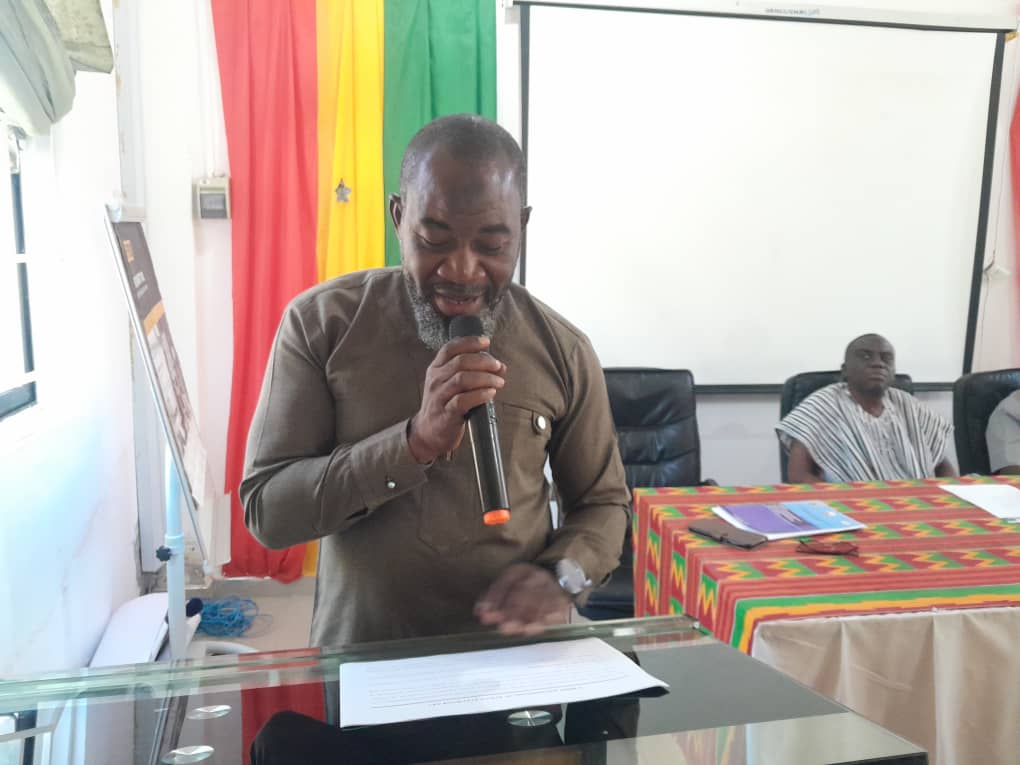Ghana has recorded a decline in the overall incidence of bribery across public institutions, but citizens who do pay bribes are now doing so more frequently, according to a new government report released during African Statistics Day celebrations.
The Ghana Statistical Service’s Governance Series Wave Two report found that 14.3 percent of respondents gave gifts or money to public officials between January and June 2025, down from 18.4 percent in the previous survey conducted in late 2024.
However, the data revealed a troubling pattern: among those who gave bribes, the share reporting five or more payments rose sharply from 6.9 percent to 24 percent, suggesting that while fewer Ghanaians are entering the system of corruption, those who do are becoming increasingly entangled in it.
Upper East Regional Statistician Bawa Abdul-Kadir urged policymakers to use the evidence to strengthen trust and improve public services, warning that data must not gather dust on shelves but should guide reforms and advocacy.
The survey, which covered over 5,640 respondents across more than 50 public institutions, found that the Motor Traffic and Transport Division of the Ghana Police Service remained the institution most associated with bribes, although its share declined from 61 percent to 51.9 percent. Other frequently cited institutions include Police General Duties, the Passport Office, and the Driver and Vehicle Licensing Authority.
Money remained the dominant form of gift, with more than half of respondents giving 100 Ghana cedis or less. Direct requests for gifts dropped from 51.3 percent to 38.6 percent, while voluntary appreciation gifts nearly doubled from 17.6 percent in Wave One to 32.9 percent.
The Wave 2 report also documented improved perceptions of governance inclusiveness. The share of Ghanaians who said the political system allows ordinary people to have a say rose significantly from 54.8 percent in Wave 1 to 68.4 percent in Wave 2, marking what analysts described as an extraordinary gain in a short period.
Those who felt completely excluded from decision processes dropped from 42.4 percent to 29.2 percent, with younger adults aged 18 to 24, older citizens above 65, and people with difficulty performing daily activities recording some of the most significant improvements.
Despite these gains, regional disparities persist. The North East, Upper East and Northern regions remain the areas with the highest perceived exclusion, although all showed positive change from the previous survey.
The Governance Series contributes to Ghana’s monitoring of Sustainable Development Goal 16 on peace, justice, and strong institutions. The next wave of the survey is expected to be conducted later in 2025.
Source: a1radioonline.com|101.1Mhz|Mark Kwasi Ahumah Smith|Bolgatanga


